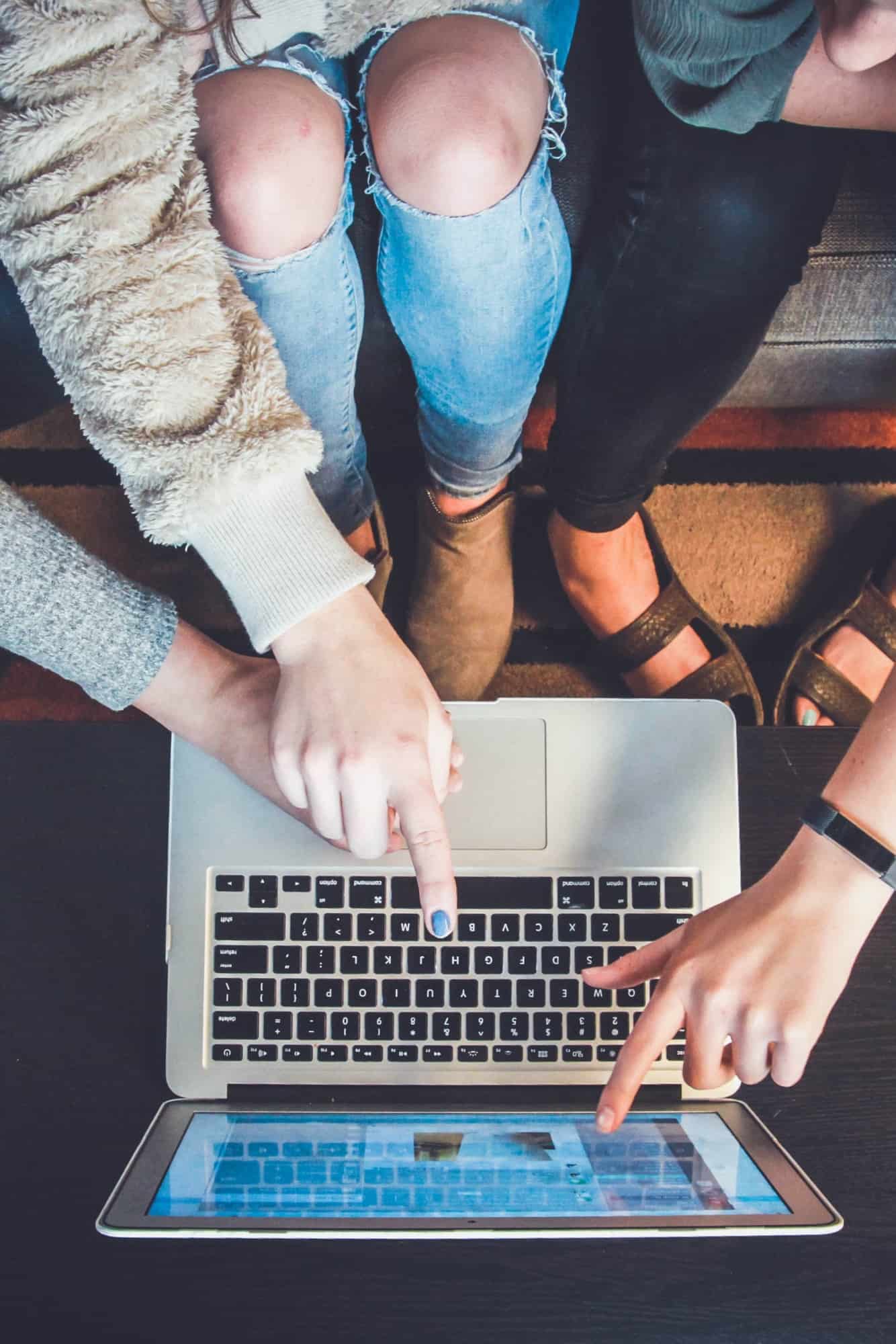A UK bill designed to offer greater protection to internet users and regulate online content is close to becoming law after a six-year process.
The controversial Online Safety Bill was passed through the House of Lords on Tuesday 19 September. After royal assent, communications regulator Ofcom will be tasked with enforcing it, and will draw up guidance on how to comply with the new rules. Those who fail may face large fines of up to £18m, or in some cases imprisonment.
The Online Safety Bill’s difficulties lie in its huge remit: the improving of internet safety. Conceived of six years ago, it was first published as a draft on 12 May 2021 and received its third reading on Tuesday. The key to the bill is the unlocking of the secretary of state’s power to address a wide range of potential harmful content, from trolling to illegal pornography, as well as underage access to pornography.
The bill has been described as having a “zero-tolerance approach to protecting children, meaning social media platforms will be legally responsible for the content they host and keeping children and young people safe online”.
You may also like
Social media platforms will be expected to:
- Remove illegal content quickly or prevent it from appearing in the first place, including content promoting self-harm
- Prevent children from accessing harmful and age-inappropriate content
- Enforce age limits and age-checking measures
- Ensure the risks and dangers posed to children on the largest social media platforms are more transparent, including by publishing risk assessments
- Provide parents and children with clear and accessible ways to report problems online when they do arise
According to a recent Department for Science, Innovation and Technology press release, “under the new laws, all social media firms will be forced to proactively tackle priority illegal content, and ensure they have systems and processes in place that will quickly take down other criminal content once they become aware of its presence. The largest platforms with certain functionalities will also be legally forced to take down any material that breaches their own terms of service and provide adults with greater controls over posts containing legal material they may not wish to see”.
Tackling online abuse and fraud
Under the bill, the biggest social media platforms will have to stop users being exposed to dangerous fraudulent adverts by blocking and removing scams, or face Ofcom’s huge new fines.
Also added to the bill are new laws to decisively tackle online fraud and violence against women and girls. Through this legislation, it will be easier to convict someone who shares intimate images without consent and new laws will further criminalise the non-consensual sharing of intimate deepfakes.
Former Love Island star and campaigner Georgia Harrison said: “Violence against women and girls is so common, with one in three women in the UK having experienced online abuse or harassment. The Online Safety bill is going to help bring this to an end, by holding social media companies accountable to protect women and girls from online abuse.”
The NSPCC celebrated the bill’s passing on its Instagram page, saying: “While our fight for a safe online world isn’t over, we want every single one of you to know that none of this would’ve been possible without you, our amazing supporters. Thanks to so many of you joining us and campaigning for children’s safety, we now have an Online Safety Bill that children and young people can be proud of.”
Creators such as Em Clarkson were invited to Downing Street last week in advance of the bill’s final reading. She posted: “Today I was invited to 10 Downing Street to discuss the Online Safety Bill ahead of the bill’s imminent Royal Ascent (sic). I have talked about online harms for as long as I have been on the internet, it was actually the online abuse that I received at 17 that compelled me to build my platform in the first place and in the subsequent years I’ve been really proud to continue discussions around the dangers that women and girls in particular face just by virtue of existing online.”
Clarkson noted that Michelle Donelan, secretary of state for the Department of Science, Innovation and Technology, had “cut her own maternity leave very short to work on this”. Donelan herself announced: “The Online Safety Bill is a game-changing piece of legislation. Today, this government is taking an enormous step forward in our mission to make the UK the safest place in the world to be online.”
Criticism of the bill
However, the enormity of the bill’s remit has led to caution from some, and opposition from others. Online safety campaigner Ian Russell, for example, has talked extensively about whether the bill would indeed prevent the spread of the kind of images his daughter saw online. Molly Russell took her own life in 2017 after viewing suicide and self-harm content.
One of the more controversial elements to the bill is the knotty question of privacy. Powers in the bill give the government the potential to break end-to-end encryption, which ensures nobody other than the sender and intended recipient of a message can read it. In April, WhatsApp, Signal, and a number of other encrypted messaging services signed an open letter opposing the bill. Campaigner and activist Gina Martin wrote on Em Clarkson’s post that she was “so concerned about how this bill is written re (sic) the potential of surveillance”.
In terms of journalistic protections, Wikipedia has also said that it is worried it cannot comply with some aspects of the bill. Nevertheless, child safety remains at the heart of the legislation. The NSPCC describes private messaging as the “frontline of online child sexual abuse”.
The government has given a clear signal to the social media platforms that it considers it imperative that they tackle the issue of harmful content and trolling. In January 2022, Iain Bundred, head of public policy at YouTube, Elizabeth Kanter, director government relations at TikTok, Niamh McDade, deputy head of UK policy at X (formerly Twitter), and Richard Earley, UK public policy manager at Meta, were grilled by committee before being asked to outline their preparation for the Online Safety Bill.
Will the Online Safety Bill prove fit for purpose? Watch this cyber-space.
By Emilie McMeekan, CORQ features director.










As the Online Safety Bill is put on hold, influencers and MPs react